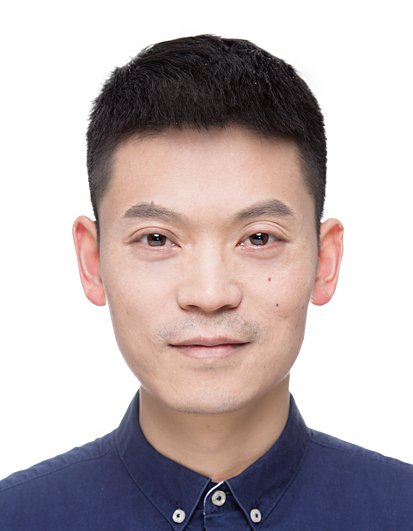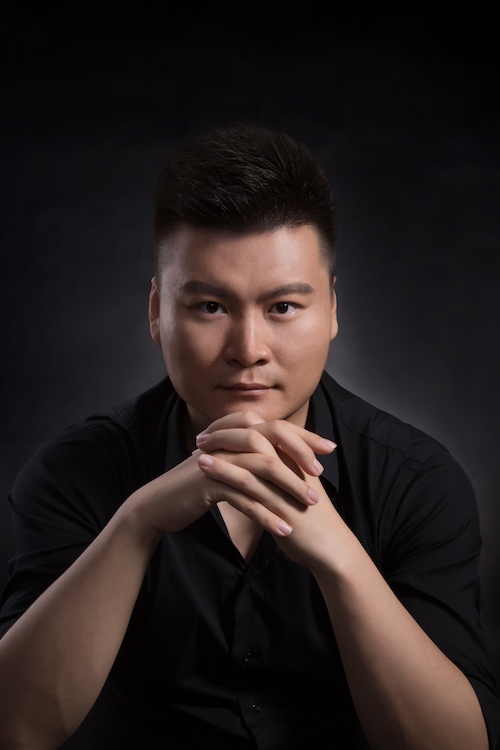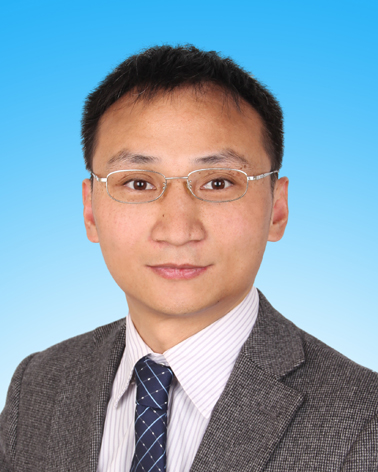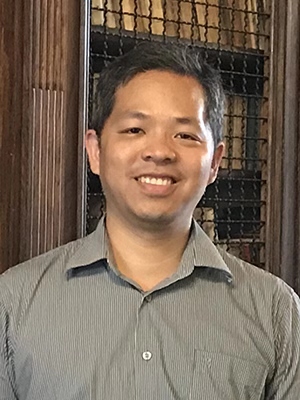Organizers

Luntian Mou
Beijing University of Technology
Beijing, China
ltmou@bjut.edu.cn
Dr. Luntian Mou is an assistant professor in Beijing University of Technology, where he is the founding director with the Intelligent Transportation and Intelligent Multimedia (ITAIM) research group. His current research interests include intelligent transportation, intelligent multimedia, machine learning and artificial intelligence. He has a research background in multimedia security, copy detection and video fingerprinting. And he serves as the Chair of System subgroup in AVS workgroup in China.

Feng Gao
Tsinghua University
Beijing, China
gaofeng2018@tsinghua.edu.cn
Dr. Feng Gao is a postdoc researcher in Tsinghua University. He has long researched in the disciplinary fields of AI and art, especially in AI painting. Currently, he is also enthusiastic in virtual human. He has demonstrated his AI painting system, called Daozi, in several workshops and drawn much attention. In addition, he plans to host an AI Art Summit in Jan, 2019, and will also present a demo of his AI crafts on this AIArt workshop.

Xiaolin Hu
Tsinghua University
Beijing, China
xlhu@tsinghua.edu.cn
Dr. Xiaolin Hu is an associate professor in Tsinghua University. His current research interests include developing brain-inspired computational models and discovering brain mechanisms of visual and auditory processing. He has maintained a good publication record in top journals and conferences in the field of neural computing, computer vision and artificial intelligence. He is an Associate Editor of IEEE Transactions on Neural Networks and Learning Systems. Recently, he became interested in music generation using AI techniques and co-founded a company, Lingdongyin, specializing on automatic music production.

Wen-Huang Cheng
National Chiao Tung University
Taiwan
whcheng@nctu.edu.tw
Dr. Wen-Huang Cheng is a Professor with the Institute of Electronics, National Chiao Tung University (NCTU), Taiwan, where he is the Founding Director with the Artificial Intelligence and Multimedia Laboratory (AIMMLab). His current research interests include multimedia, artificial intelligence, computer vision, machine learning, social media, and financial technology. He is a co-organizer of the 2018 International Workshop on AI Aesthetics in Art and Media, in conjunction with 2018 ACCV.